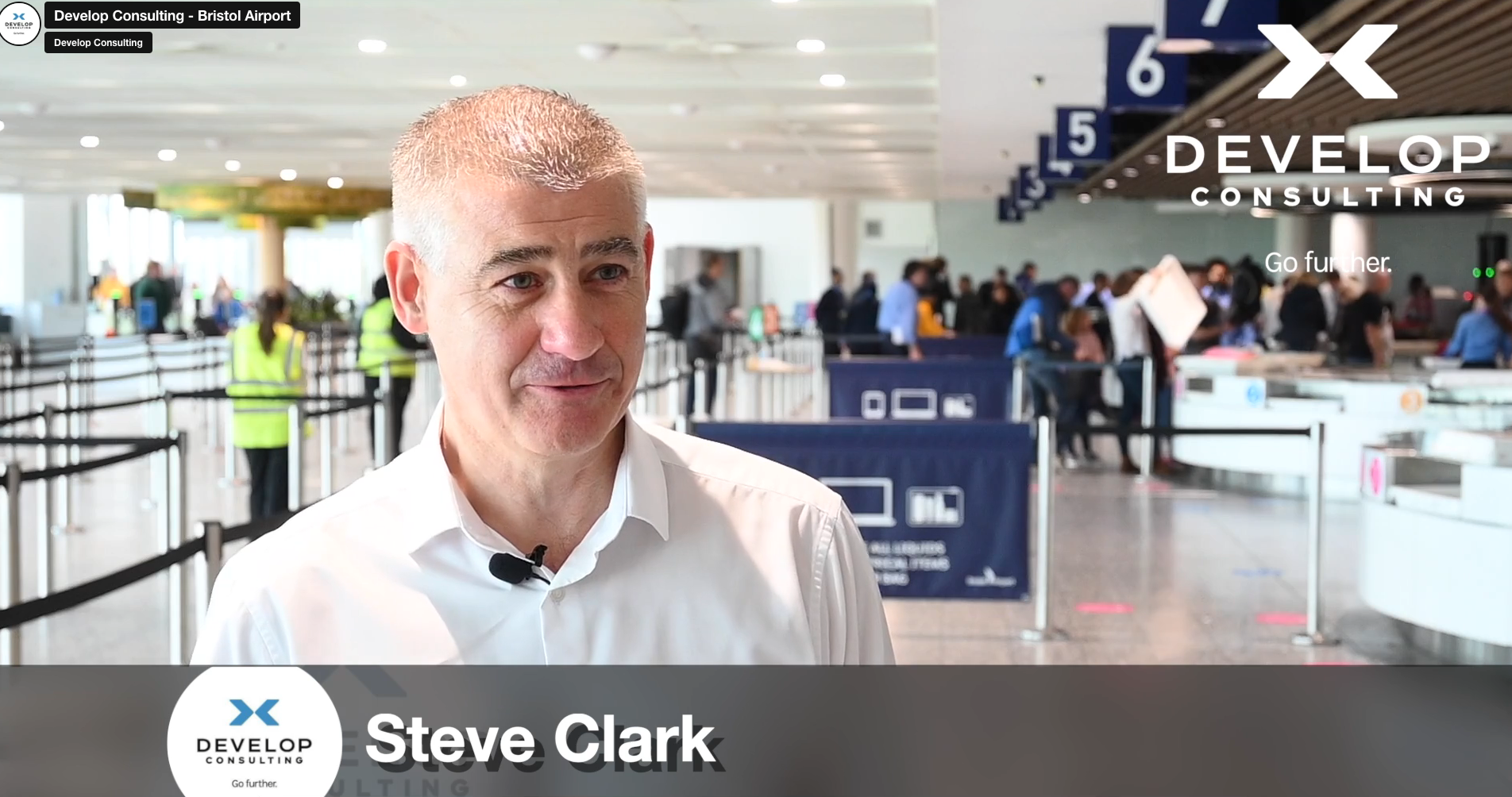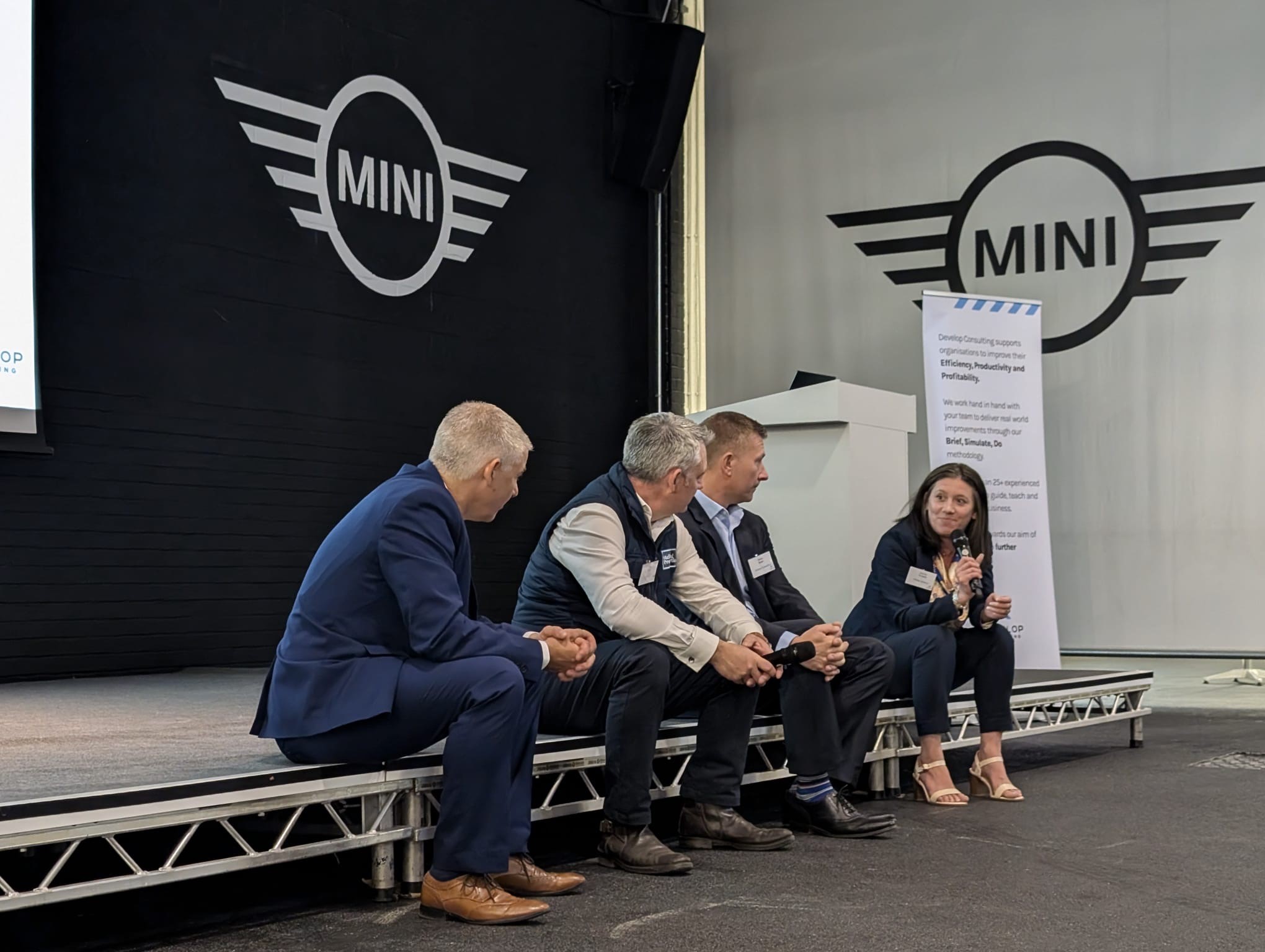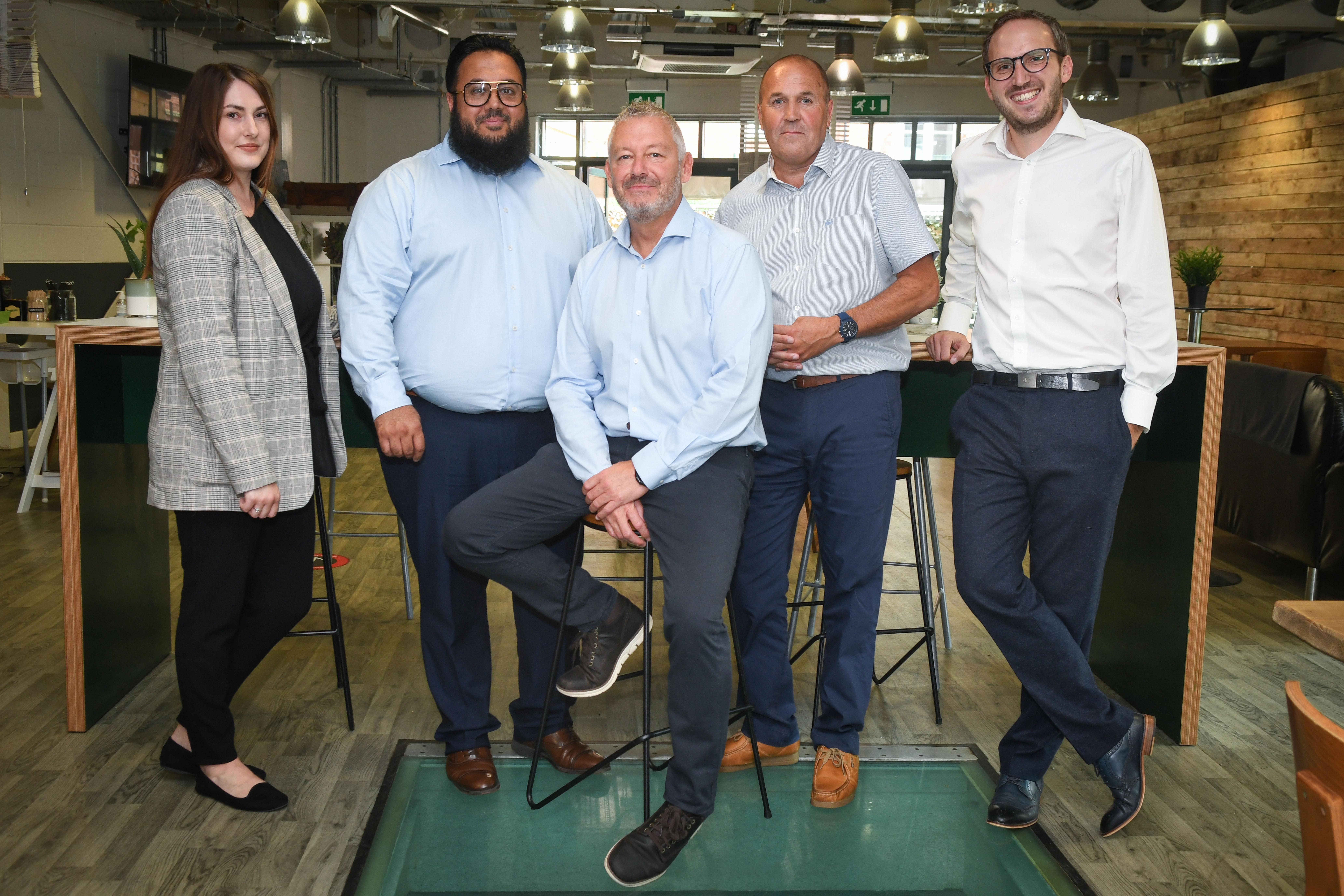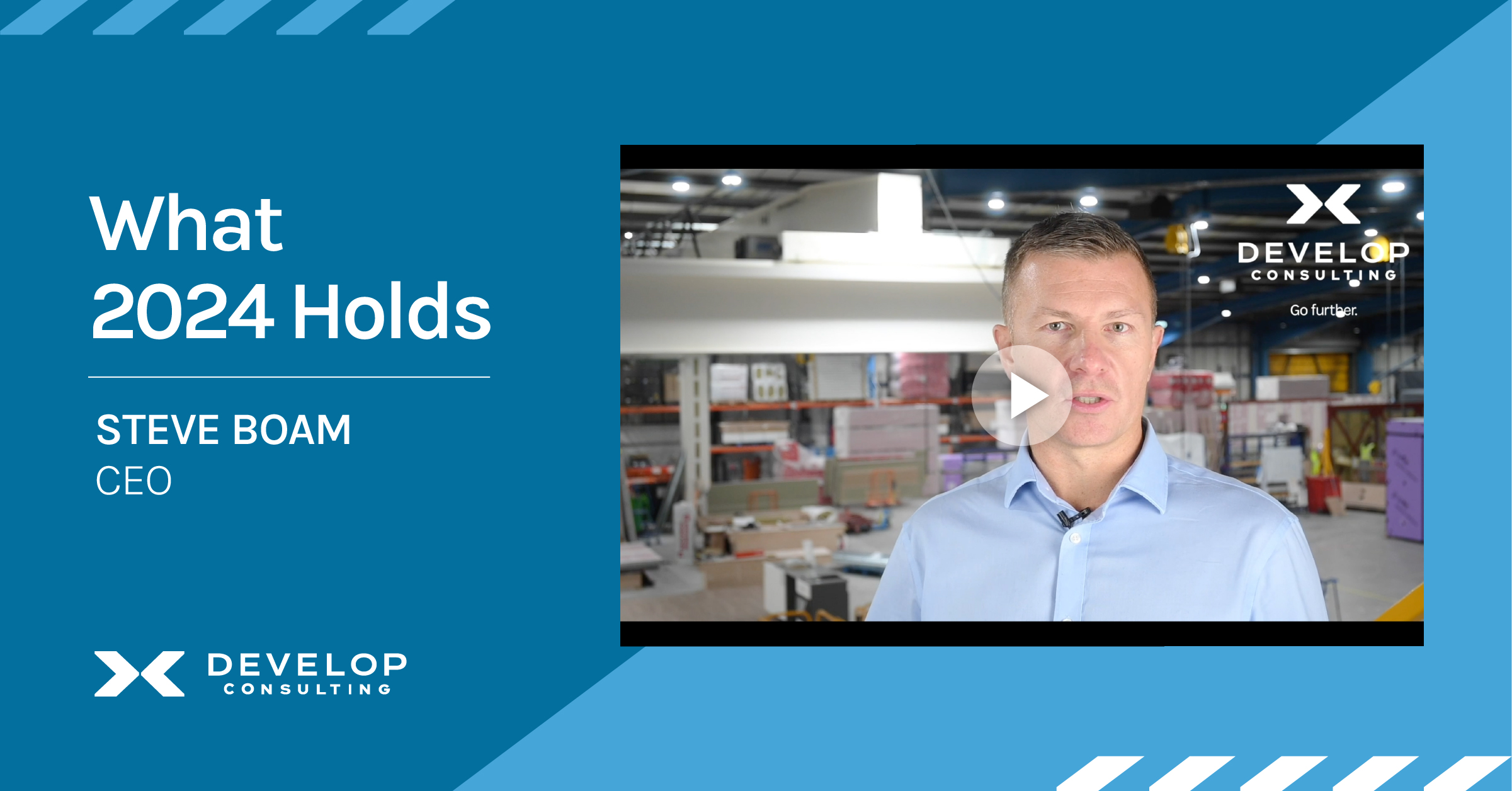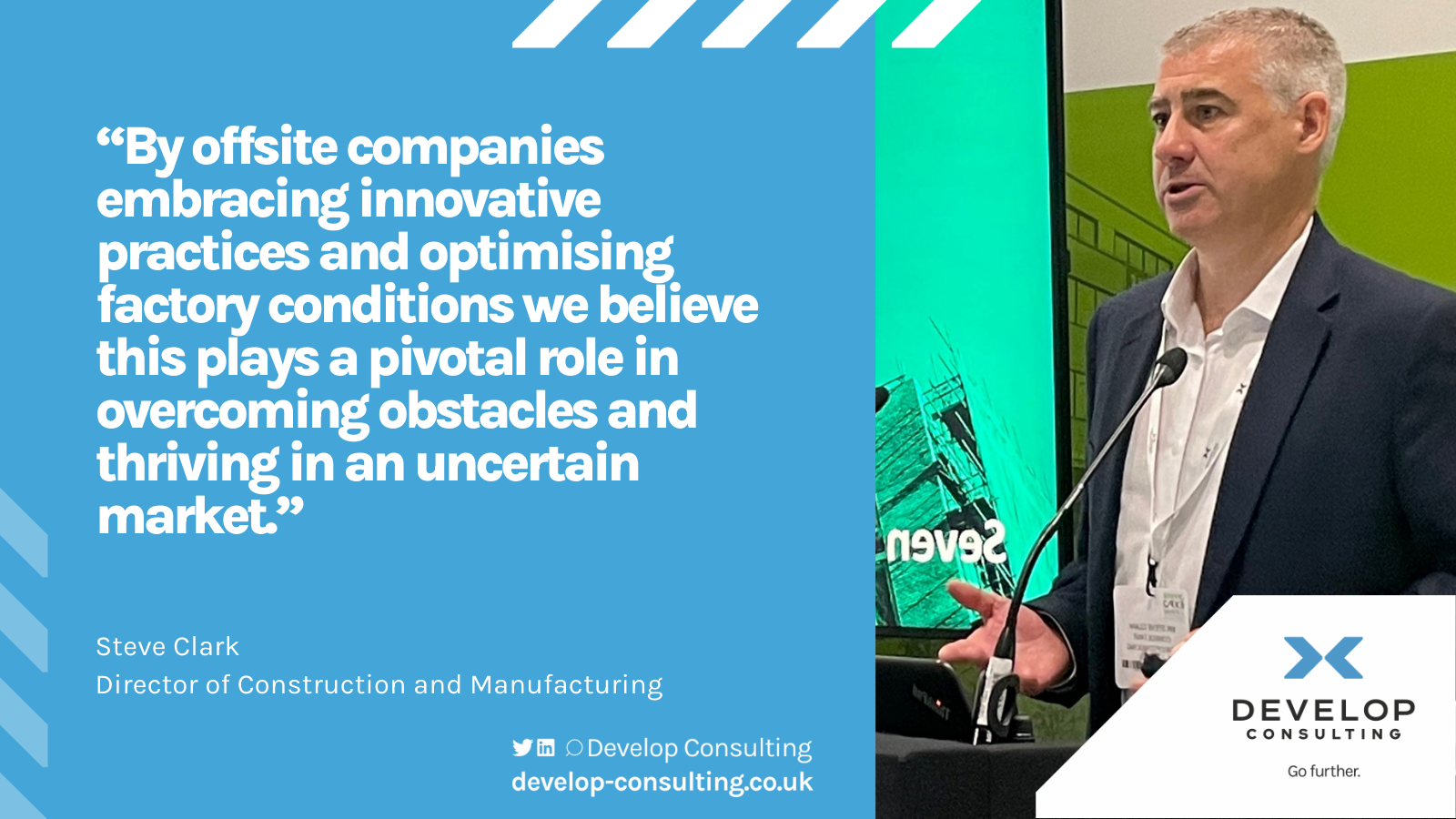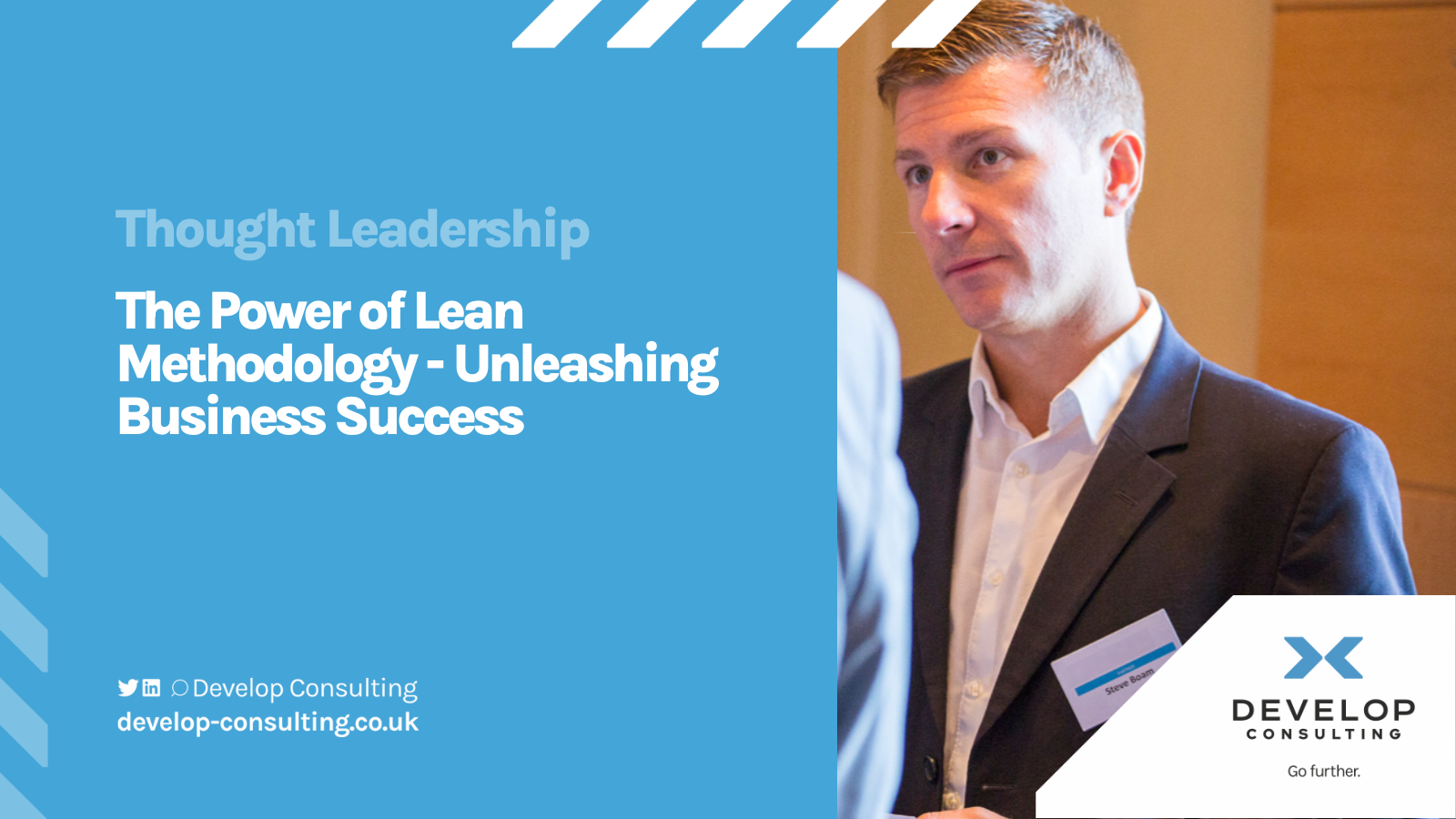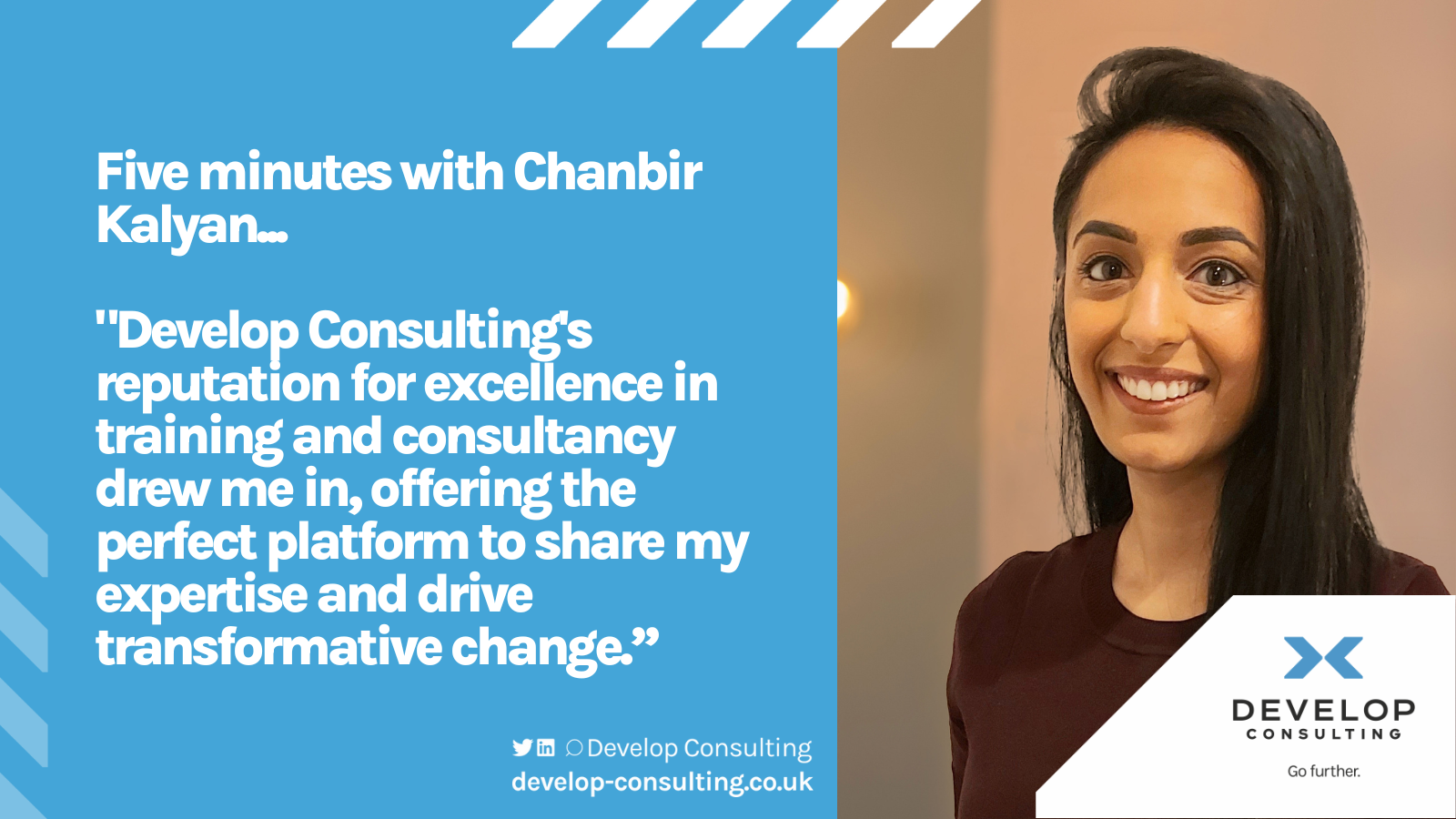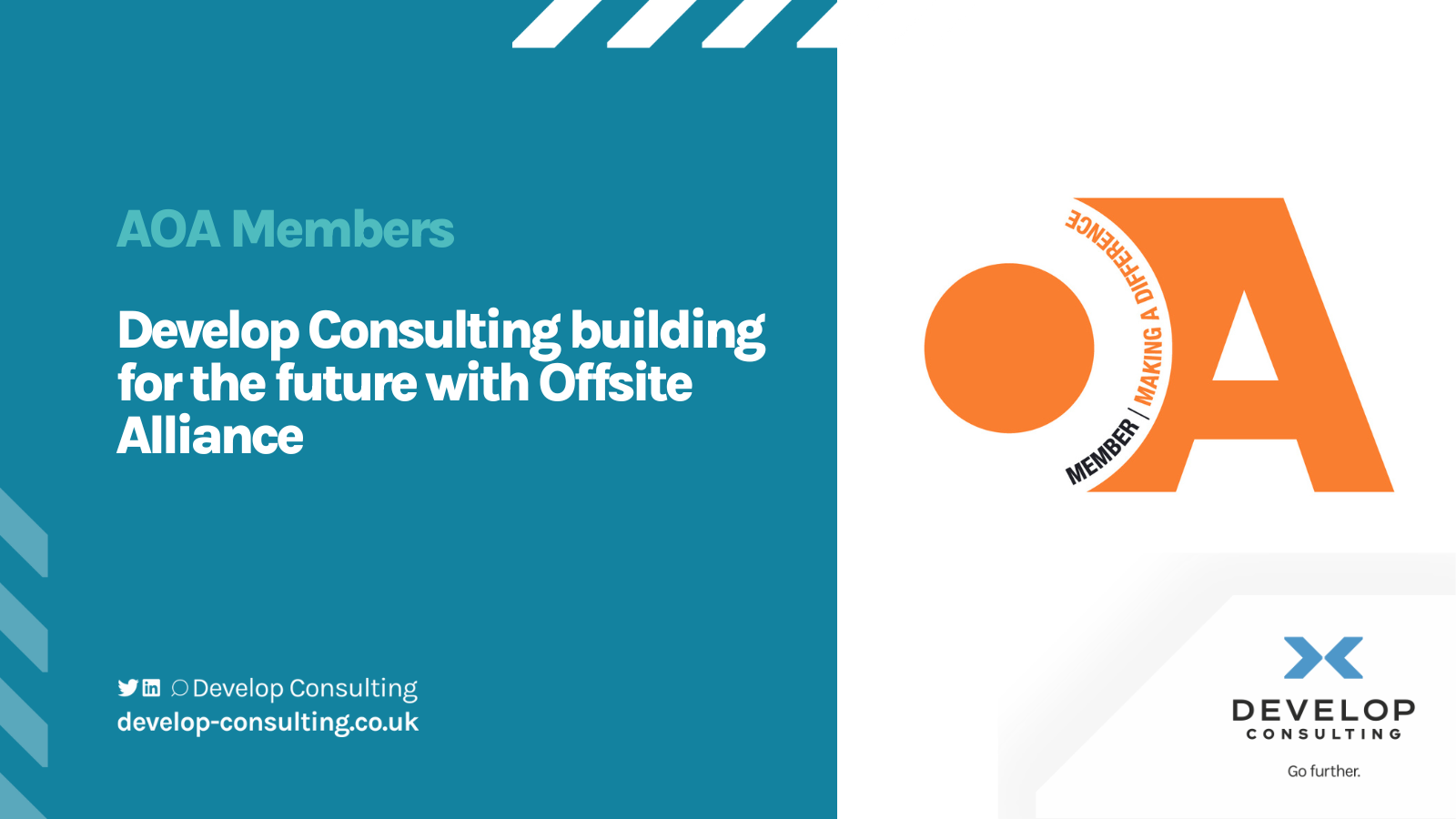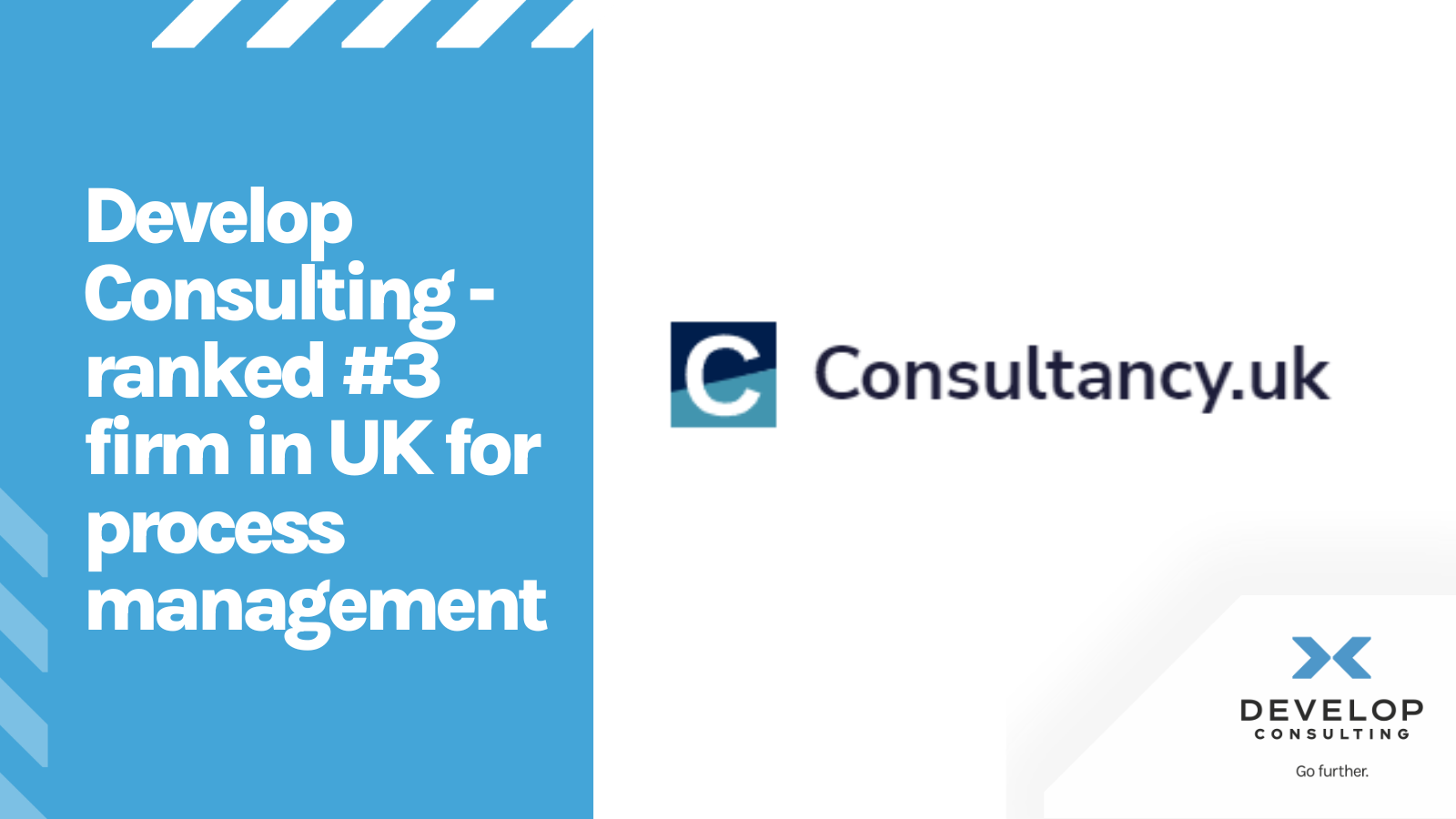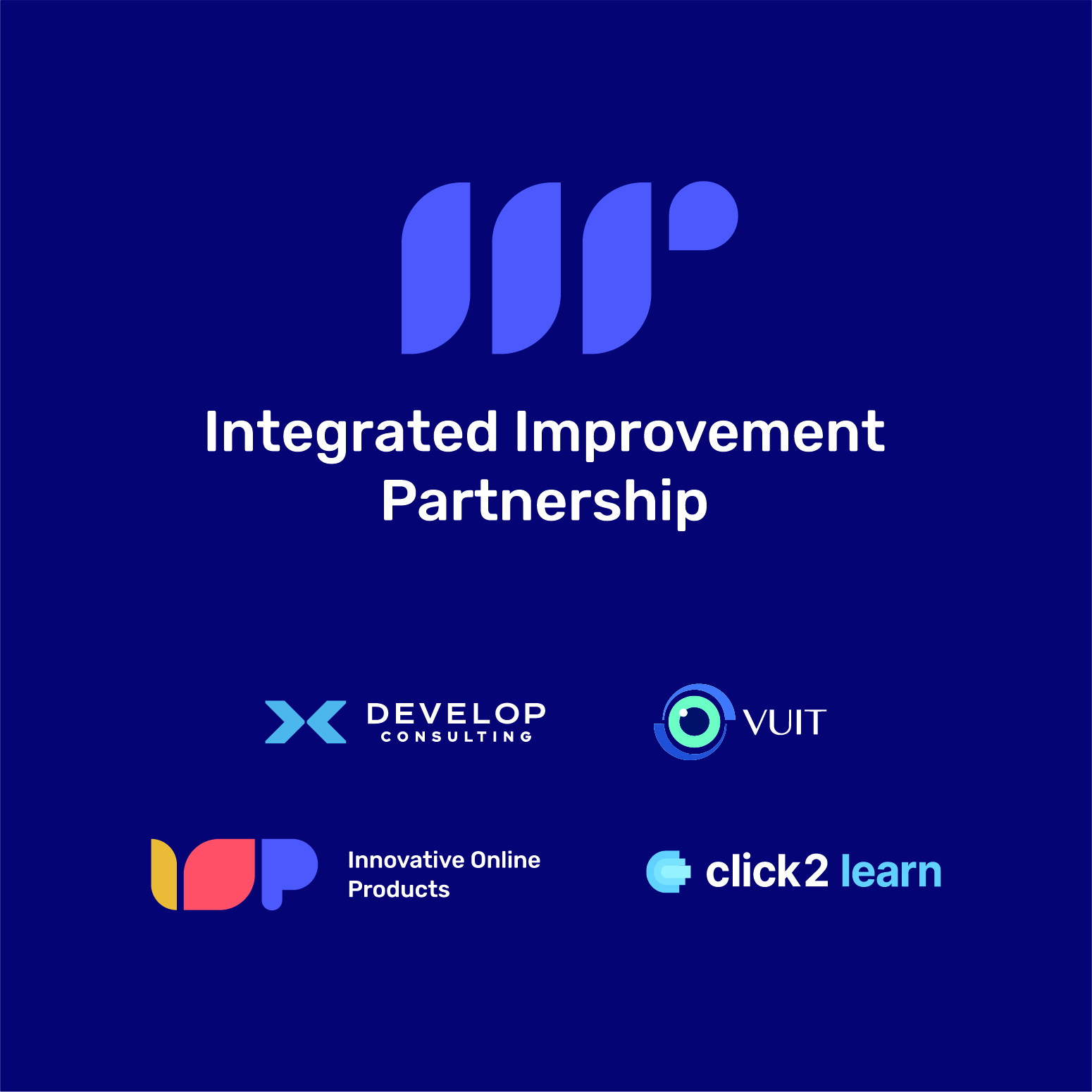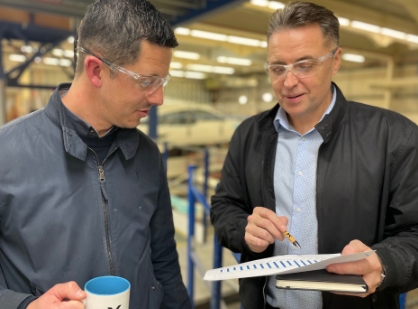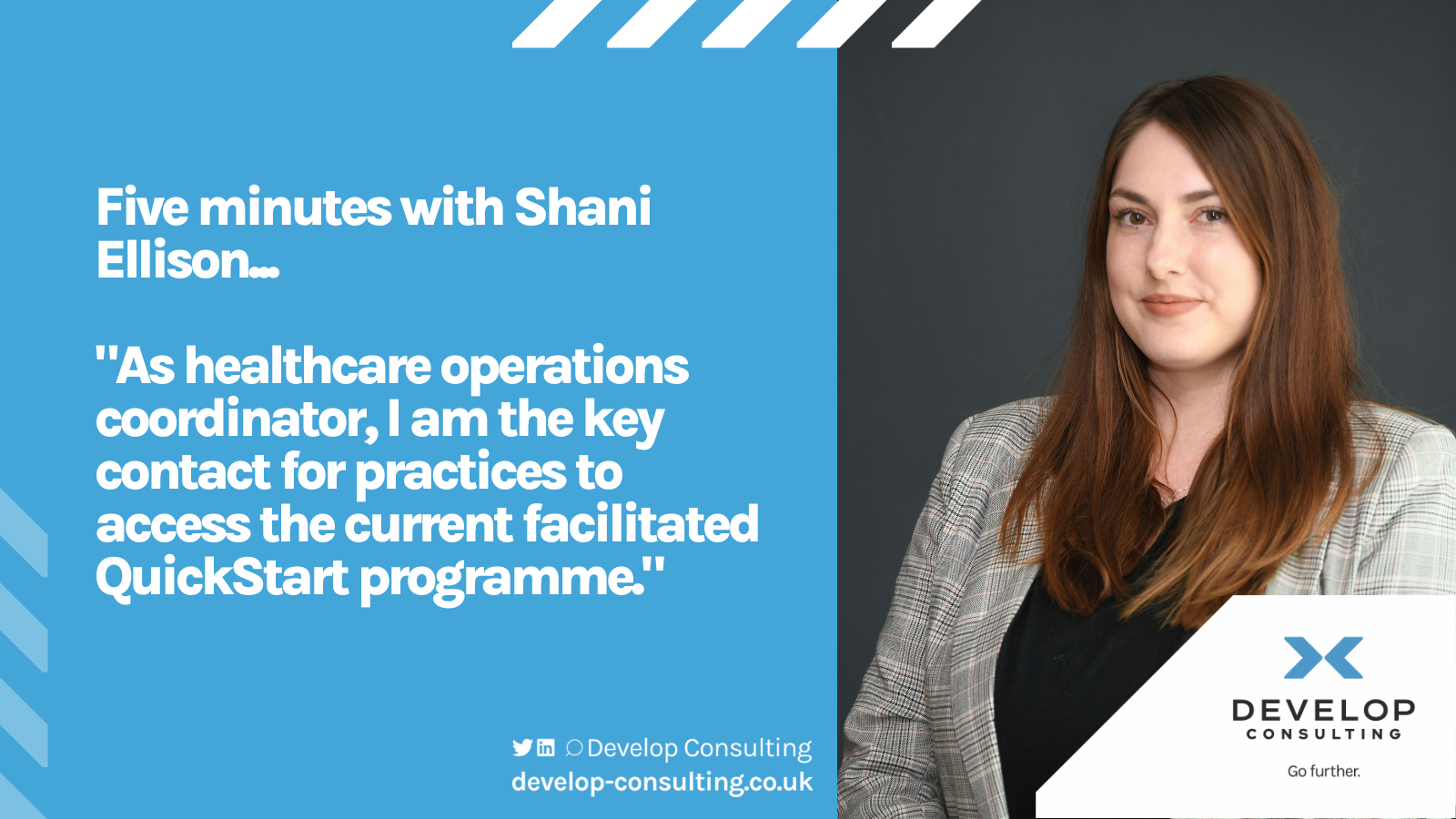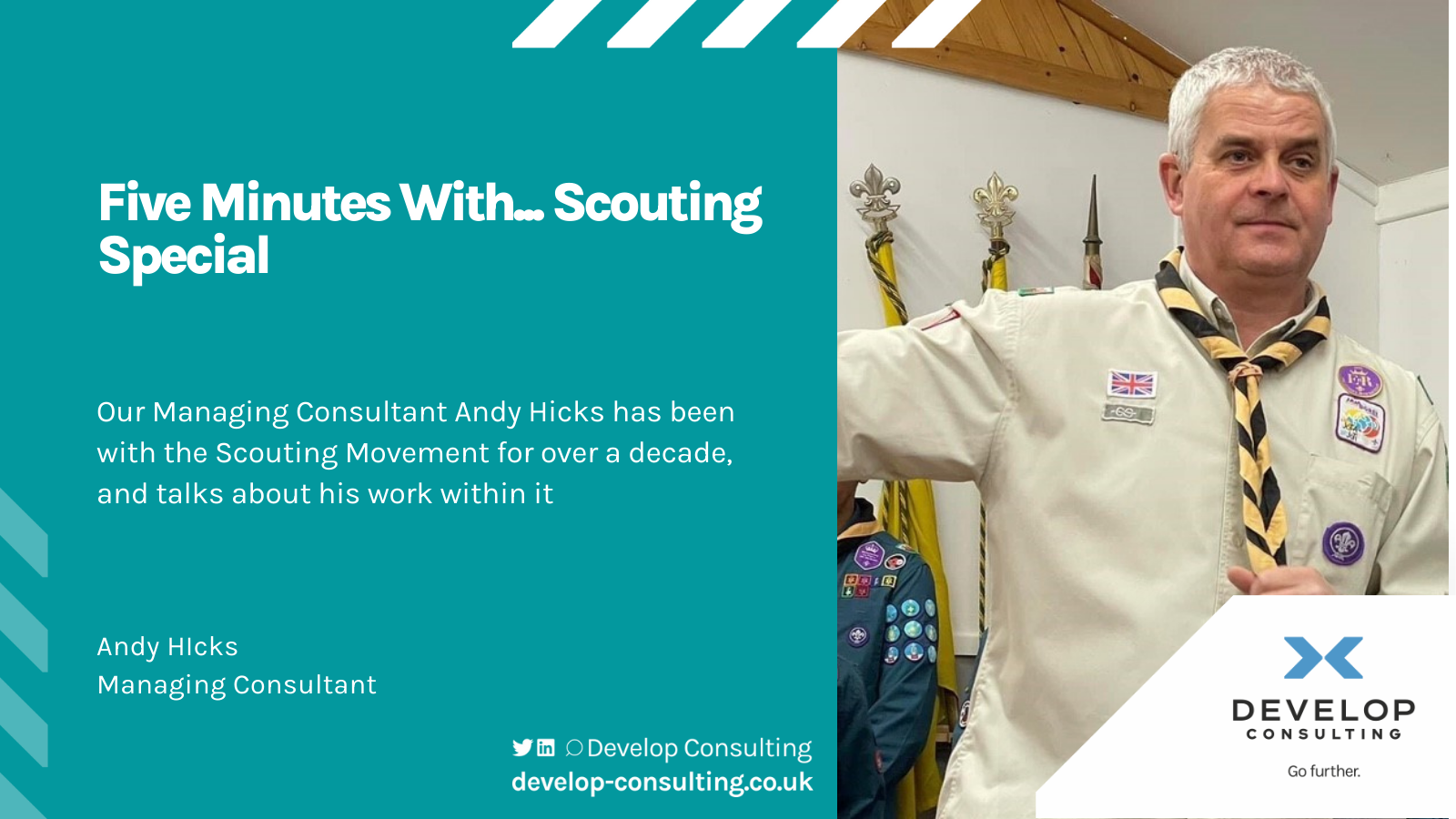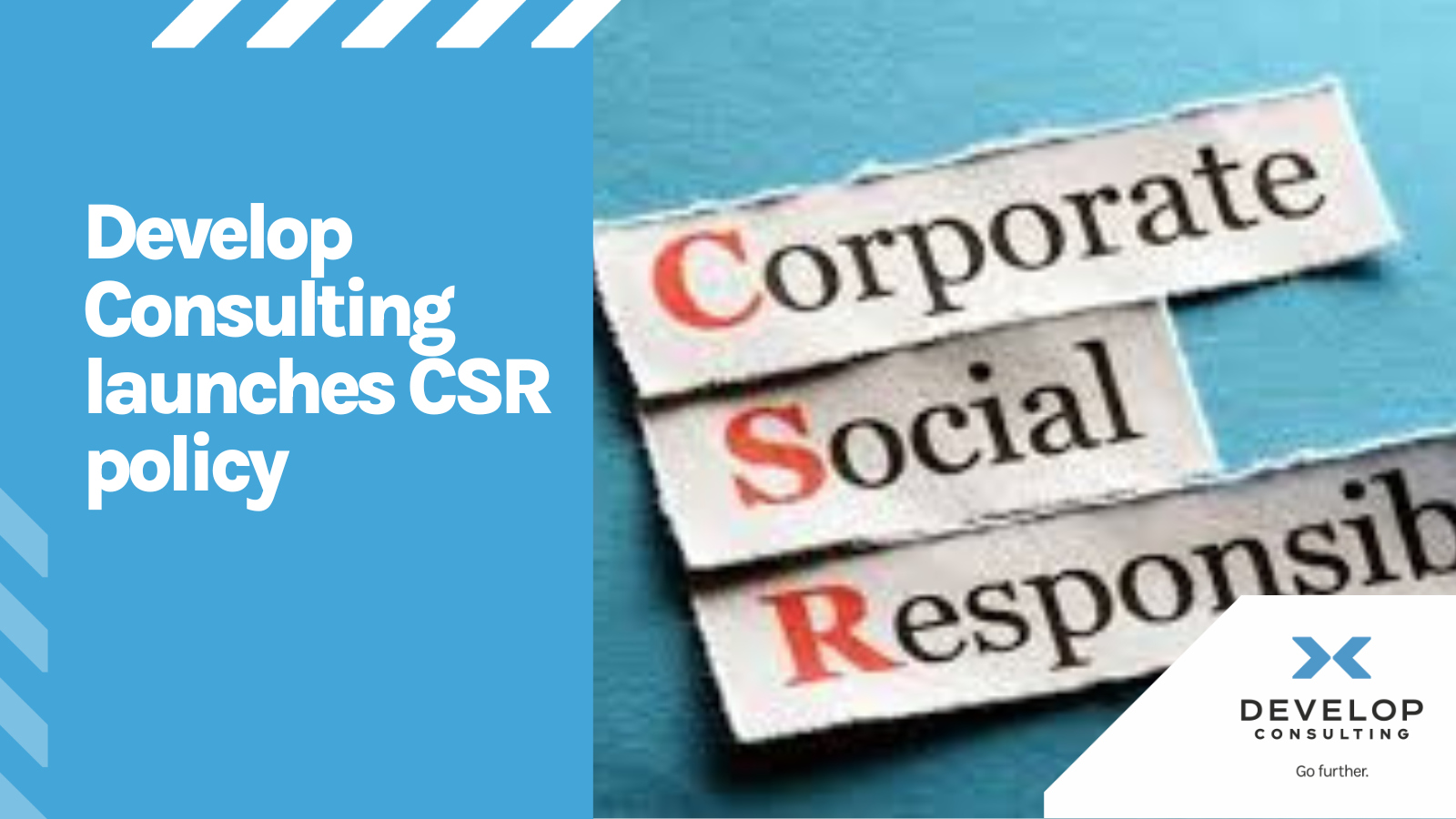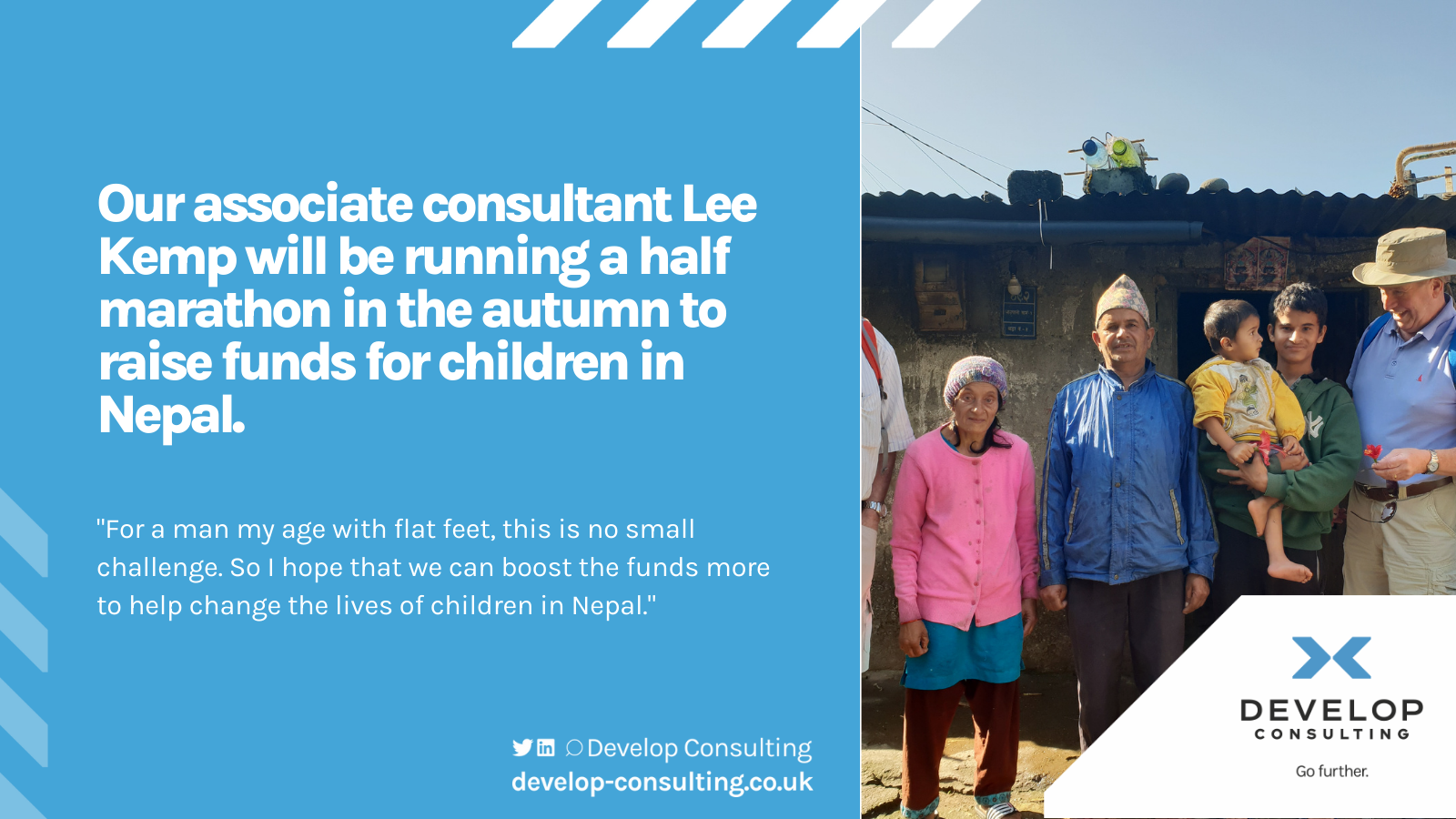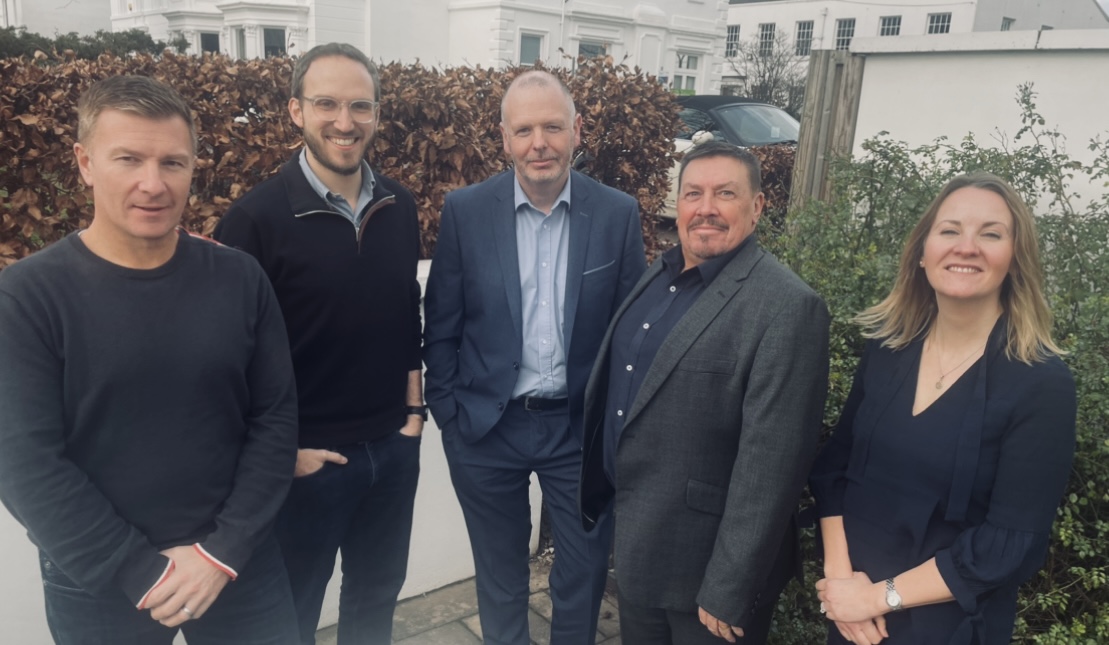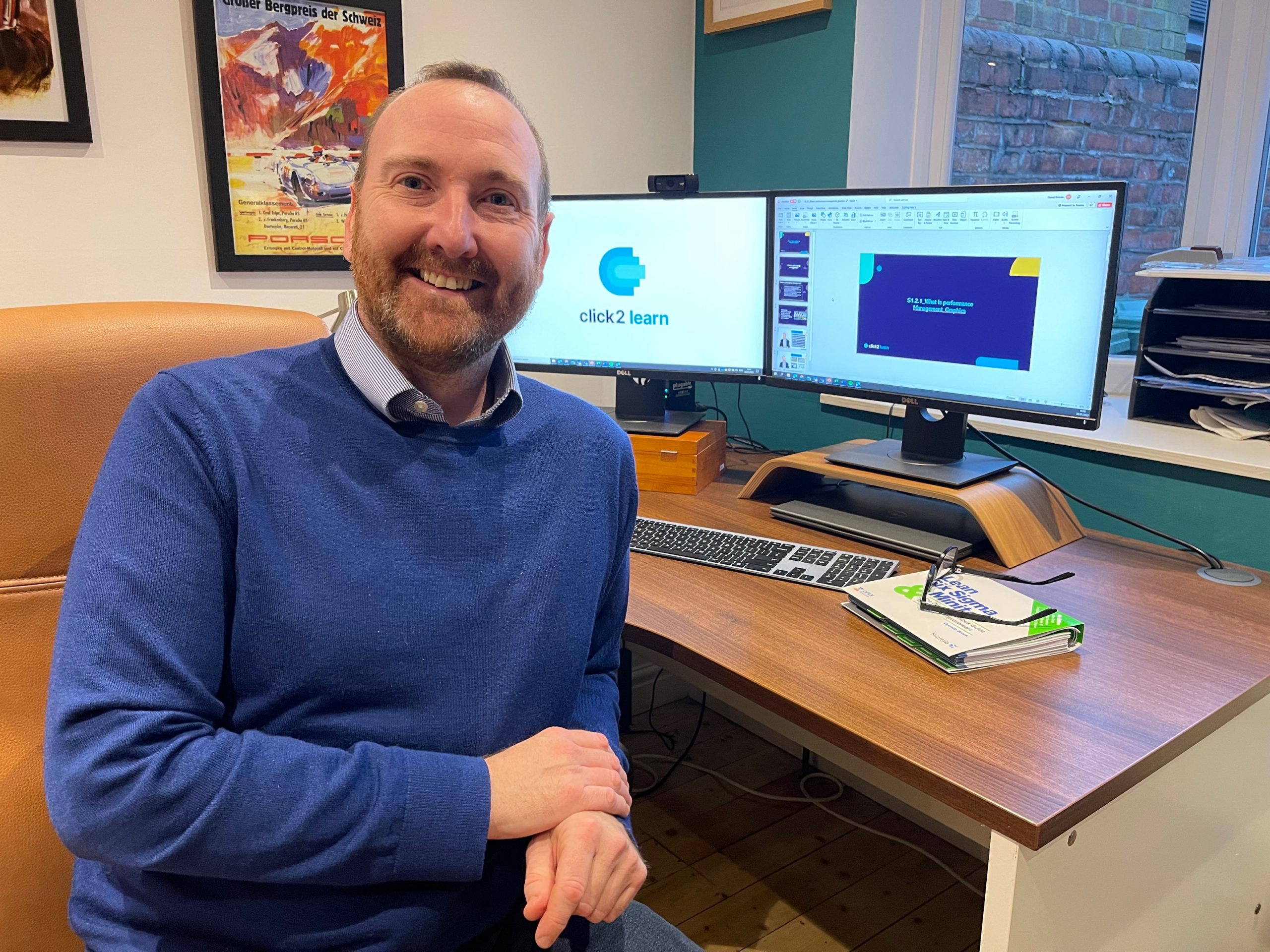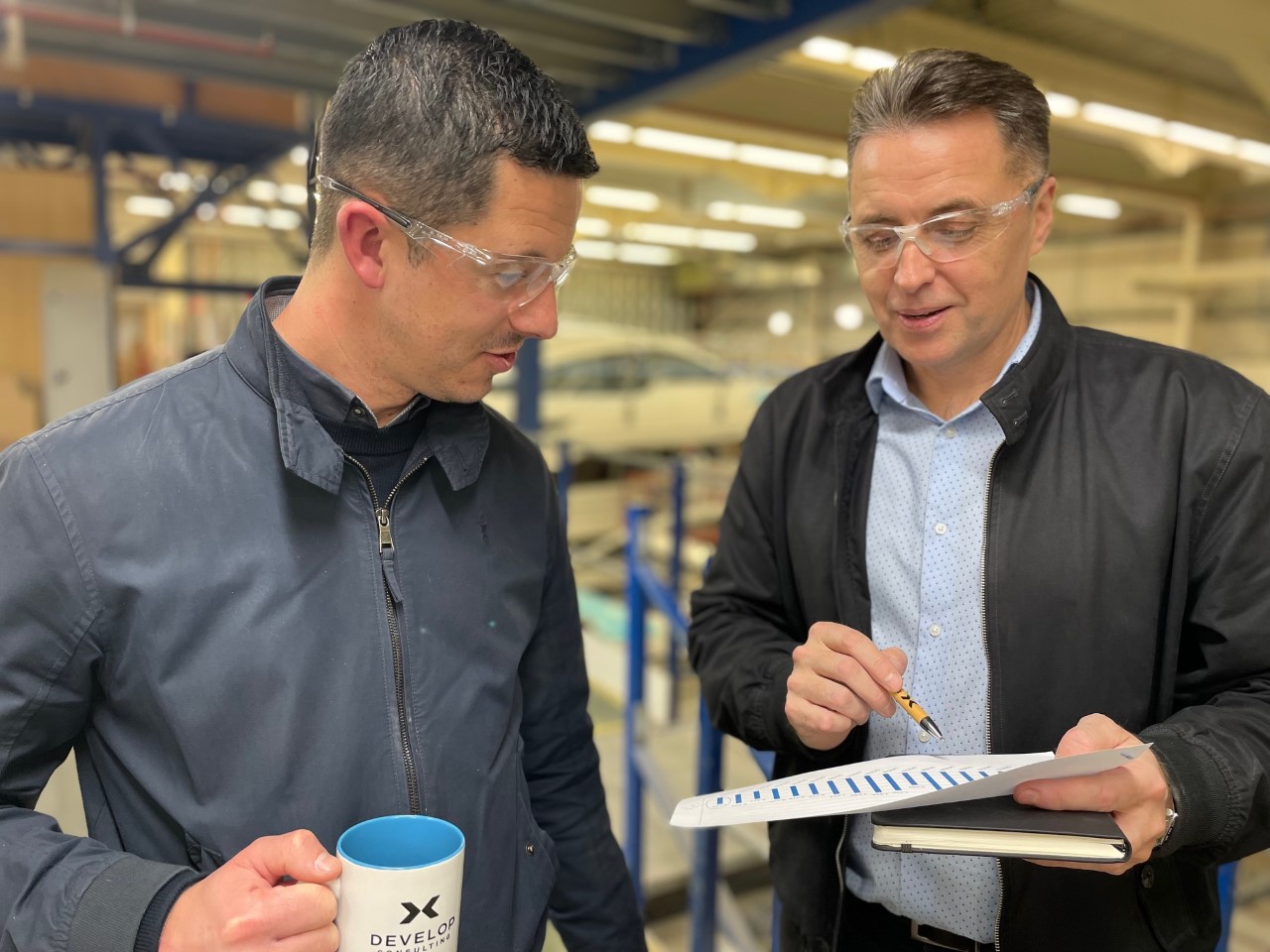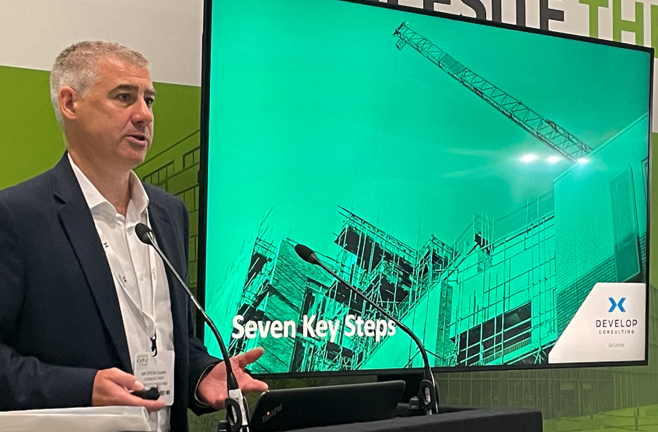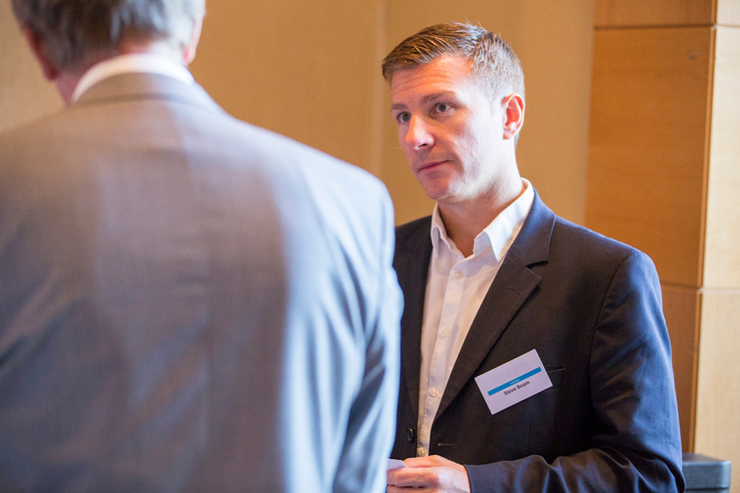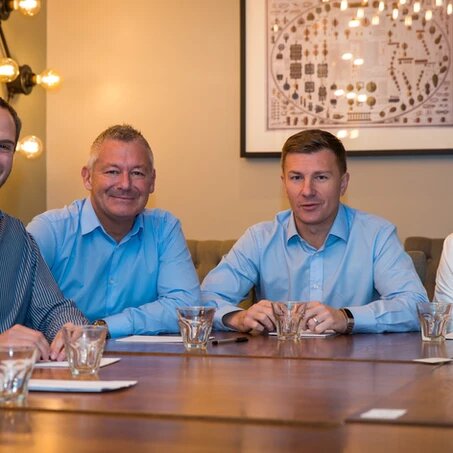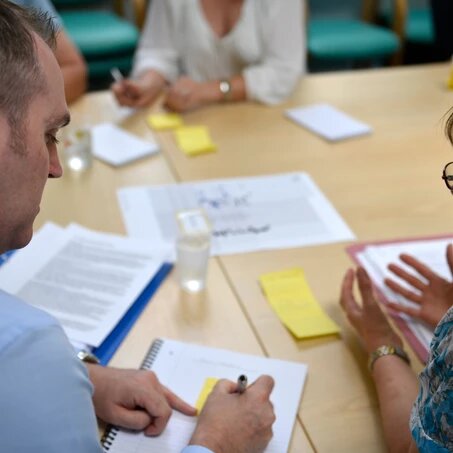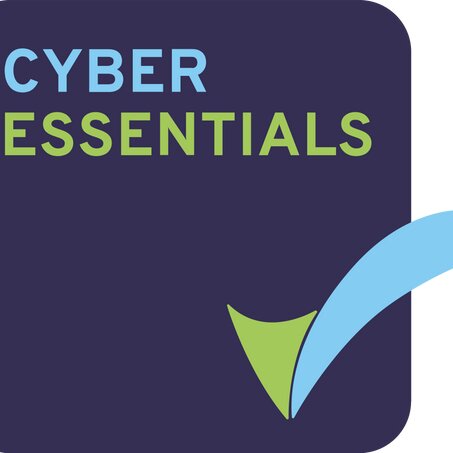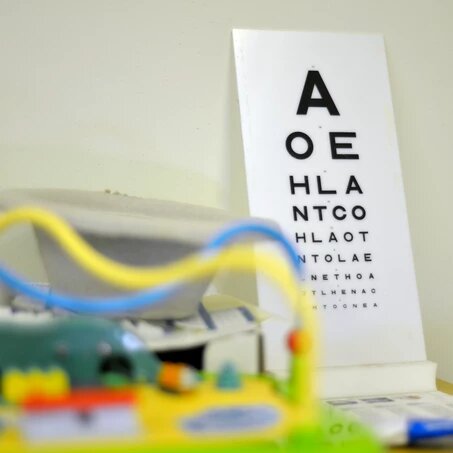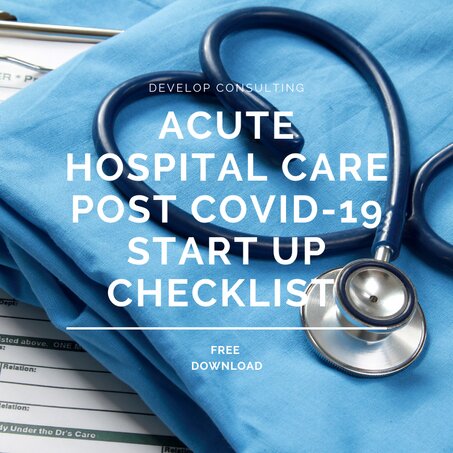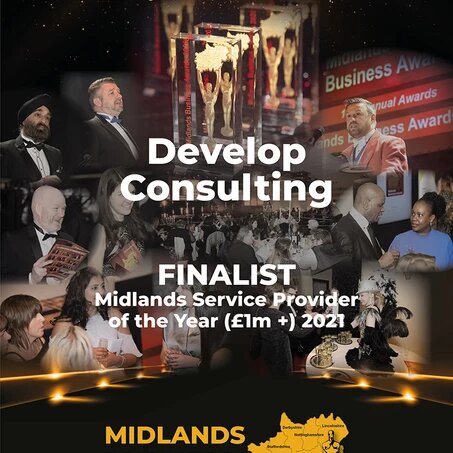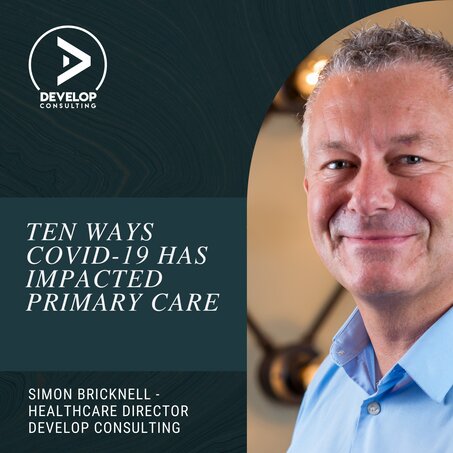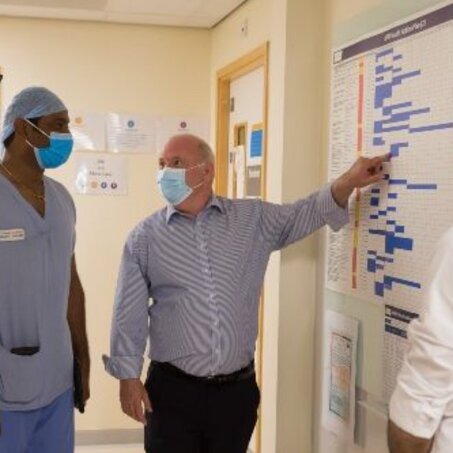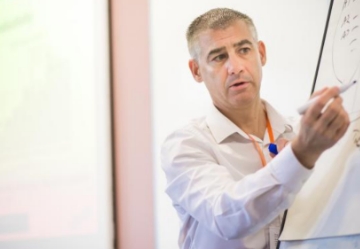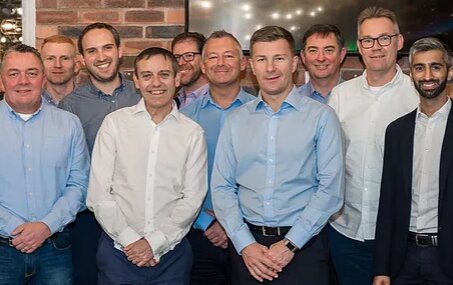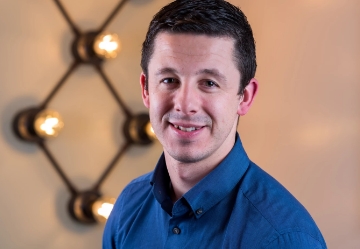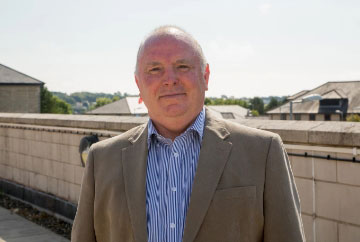Five Minutes With … Our Data Analyst George Rogers
Today we are speaking to George Rogers, a data analyst who has been with Develop Consulting since last summer.
You have been with us a for over a year now, how has it gone?
I feel like it’s been an exceptional fit. Over the last year I’ve carved a niche for my skills that is valuable to a broad spectrum of clients and internal operations alike. Wherever I go and whatever industry I find myself in, there’s a huge need for what I’m able to provide and I’ve had a lot of great feedback from clients about the work I’ve done and how it’s made their business operations run more smoothly.
Your job is a data analyst. How does that fit in with the day-to-day job of our consultants and where are you adding value?
I would say that there are a few different streams of work where I contribute.
When it comes to the day-to-day of our consultants, I provide what we might think of as data support.
Most of our consultants are more than capable of analysing data and producing useful metrics out of it, but there are lots of times where due to the nature of systems or difficult data, getting these answers can be time consuming or fraught with technical difficulties. Typically I’m able to write some code or set up an excel query which can take the heavy lifting out of the task and make it an easy and consistent process which doesn’t require a lot of time or mental energy be expended. And then I’ll work with the consultant to turn these outputs into a dashboard or display for the client which focuses on their needs.
Then there’s external project work. These are cases where the client has a specific idea or need for a tool or business function and I’m going to build that from scratch on whatever software their data systems interact with. These can be quite complex and challenging projects but they’re often my favourite because I invariably learn new tricks and better ways of solving problems. What’s been really positive is how much my own skills at building these tools have expanded over the last year, I’m able to really deliver something for the client that works in exactly the way they need it to and that’s very satisfying.
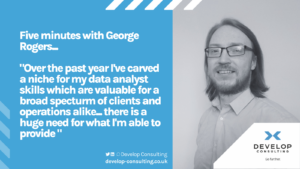
And why do you think using data so wisely is so important, perhaps more than ever, to running projects?
I think the simple answer is that humans aren’t very good at dealing with big or even medium sized data, myself included. If the numbers get big enough or abstract enough there’s a point at which everyone’s capacity to interpret that breaks down. The job of a data analyst or engineer, as I see it, is to take that impenetrable data and turn it into something that we can engage with organically and which does have meaning within the circumstance.
You might say, well if we’re so bad at data, then why make all this effort? I think the answer is, because your competitors are going to make that effort and they’re going to be making their decisions with a vastly superior knowledge base. Good decision making has always been dependant on having good information and setting up your data systems is an absolutely crucial component of your information management.
As to why now more than ever, because a larger and larger percentage of business information exist as digital information than ever before. If you’re blind to what it’s telling you or you’re getting the wrong answers out of it, you’re really operating in the dark as an organisation. I think this also speaks to the danger of having shoddy data practices even within environments which are quite data savvy.
Huge decisions might turn on the outputs of spreadsheets but those outputs rest on data that’s being copy and pasted by someone following a list of instructions with no understanding of how or why the process works. Unless you’ve got good systems and practices in place to sense check your data then you could be going in the wrong direction for months without ever knowing. If I mistype a letter then that’s one character wrong, but if I mistakenly copy and paste the wrong data then everything that follows is likely to be astoundingly wrong.
Can you tell us a little about your background too?
I did Music Technology at University after which I got a PGCE in post compulsory education and spent a bit of time teaching and supporting children with additional learning needs. Which is partially how I got involved with the charity SNAP Cymru where I was quite promptly made the Business Support Manager. This gave me my first chance to get involved with data and develop my skills. There was a lot of low hanging fruit, like senior executives spending hours manually scraping data for reports out of service level database entries. I was able to put a lot of information systems in place which made running the organisation easier (HR management tools, budget forecasting tools) and for reporting and demonstrating value (Automated Report statistic generator by region/period) and those things are still in place to this day.
As am I, as the Treasurer of their Volunteer Board of Trustees. I moved on from SNAP in search of a role which would allow me to focus more exclusively on data and found myself as an Analyst at Deloitte. Working with SQL for the first time and finding out what I’d been missing the last five years. This was also my first exposure to big data and I got to learn about a lot of the difficulties involved with interacting with it. But this set me up nicely for my next role at Public Health Wales where I helped with the process of transitioning their Covid-19 Dashboard production into SQL. I also got to do some fascinating work Modelling the propensities of Variant strains.
Outside of work I grew up in small towns in the South Wales Valleys and I still live in the area. I feel like I’ve been fortunate to get a position which allows me to do a lot of valuable work across the UK without needing to leave my mountain town.
And what do you like to do in your spare time?
I enjoy Martial Arts, Sci Fi, Video Games, Music Production and Basketball. I like to joke that Video Games taught me data analysis. A video game cannot realistically be anything more than the mashing together of spreadsheets.
If you want to be good at the game you have to understand how that mashing happens and what factors it is most sensitive to.
Music production also gave me a big education in the principals of non destructive editing, which has been absolutely vital to me in my data career.
Basketball is also a fascinating data processing exercise. Where the frequency of scoring and “coin flip” chance for each outcome turns every game and season into an exercise in Gaussian probabilities and distributional likelihoods. If you want to understand what’s going on at more than a superficial level, you’re best served by advanced data analytics rather than simply watching the game. But watching is fun too.
